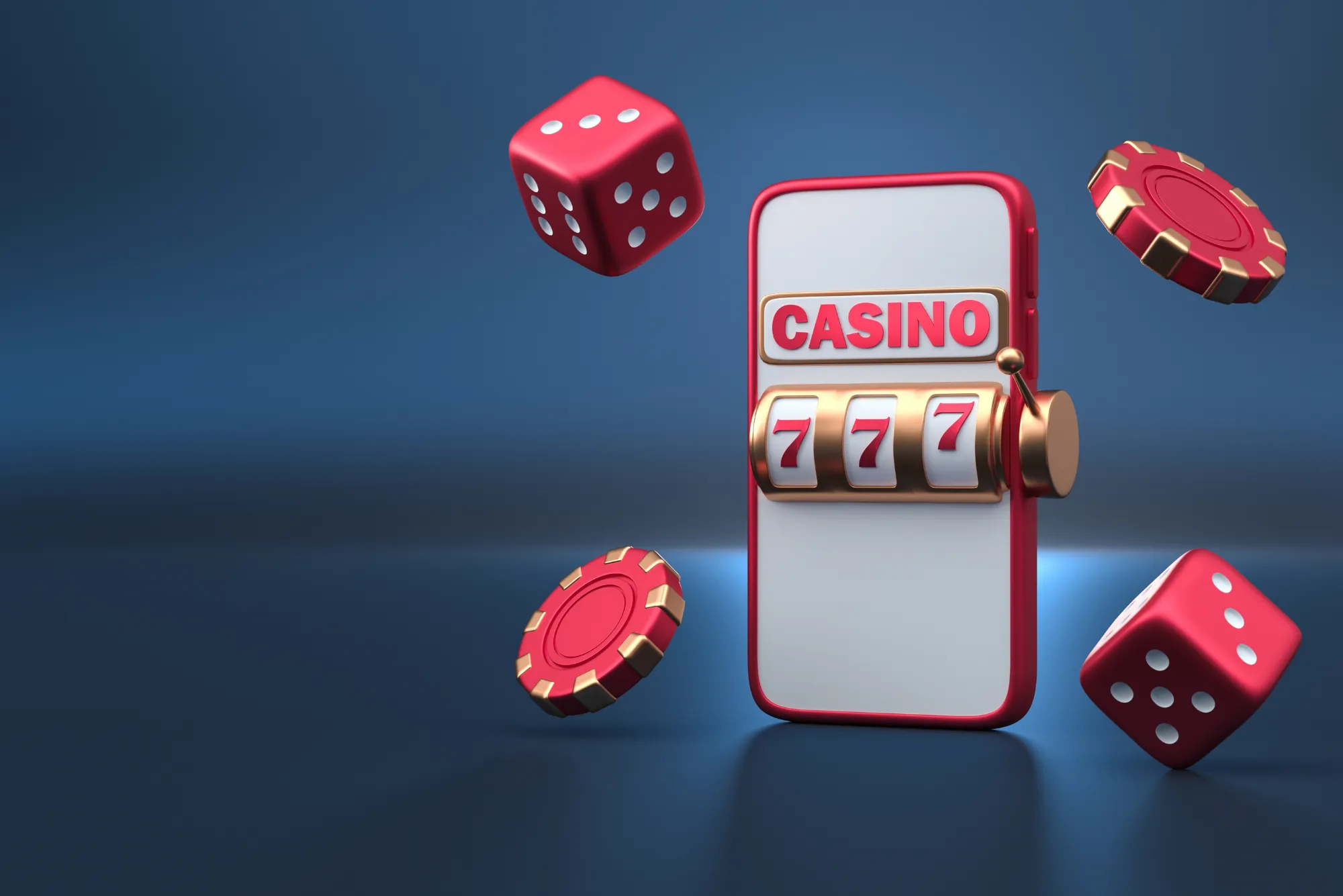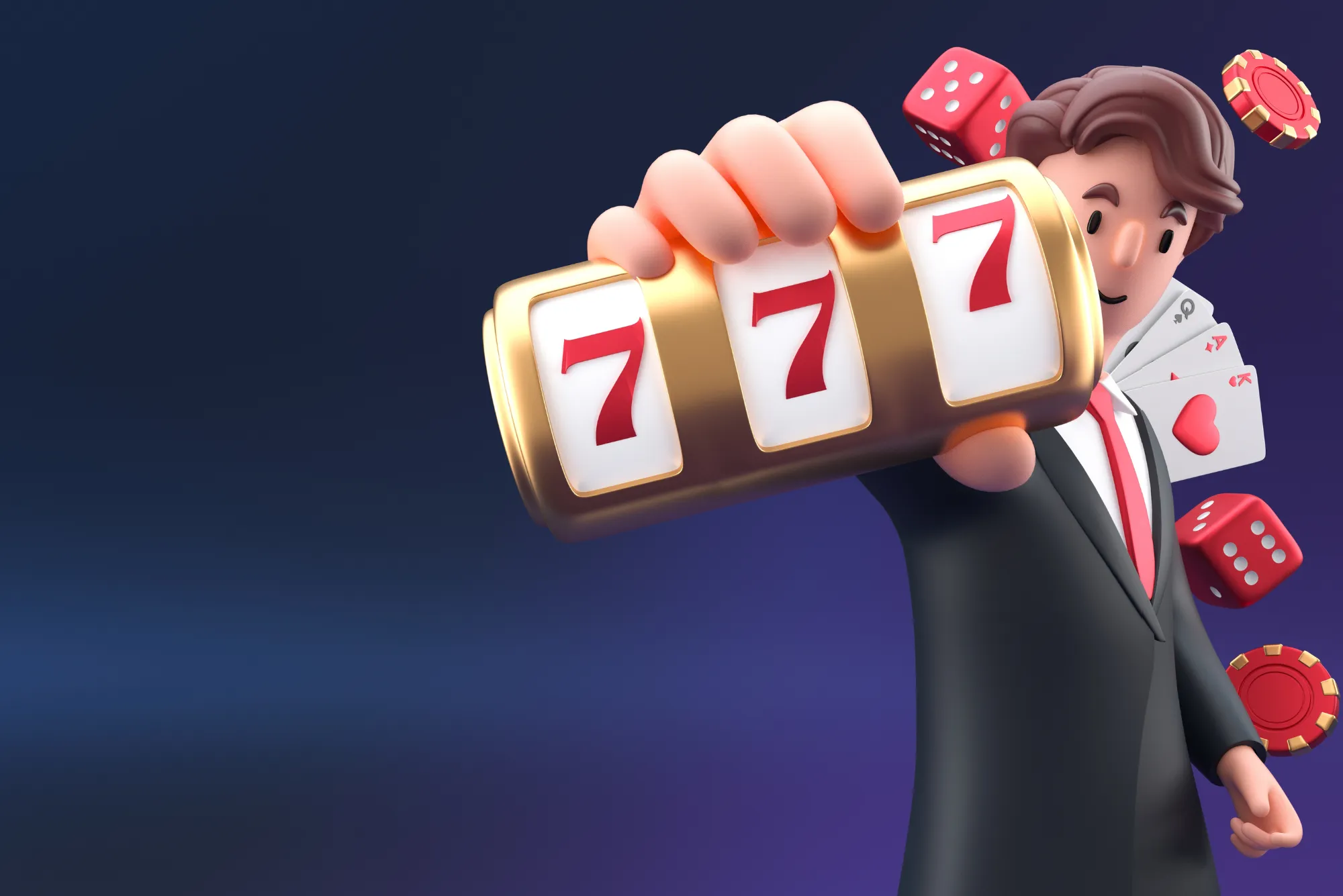Blockchain technology has transformed numerous industries by offering transparent, tamper-proof records. In the world of casino card games, where fairness and trust are paramount, blockchain promises to upend traditional models. By leveraging decentralized ledgers, cryptographic proofs, and smart contracts, operators can demonstrate integrity in shuffling, dealing, and payouts—even to skeptical players halfway around the globe.
Understanding Blockchain Fundamentals
At its core, a blockchain is a distributed database that records transactions in blocks, each cryptographically linked to the previous one. No single entity controls the ledger; instead, a network of nodes validates and stores copies of every transaction. This architecture makes retrospective alterations virtually impossible. In casino applications, each step—deck generation, card distribution, result logging—can be recorded on-chain. Players gain confidence knowing they can audit the sequence of events themselves or rely on third-party verifiers.
How Blockchain Enhances Fair Play
When you sit at a virtual blackjack table or spin up a game of Baccarat, you implicitly trust the casino’s random number generator (RNG). But with blockchain, RNGs can be publicly verifiable. A well-designed system will generate a card sequence via a provably fair algorithm, publish its hash on the blockchain before play, and reveal the preimage afterward. Because the hash binds the initial shuffle, neither dealer nor operator can retroactively manipulate outcomes without detection. This method parallels how cryptocurrencies ensure transaction immutability.
Real-World Implementation at “new casinos uk”
Several pioneering operators in the UK are integrating blockchain into their platforms. For instance, at many of the new casinos uk launching this year, you’ll find table games underpinned by smart contracts. When you place a bet, the smart contract escrow holds your stake and the casino’s bankroll. Once the hand is complete, the contract automatically releases the funds according to the on-chain result. This eliminates delays and the need for manual reconciliation, while giving you full auditability of every win or loss.
Provably Fair Shuffles: A Closer Look
The linchpin of blockchain fairness in card games is the provably fair shuffle. Before cards are dealt, the system takes a secret seed (provided by the casino) and a public seed (often supplied by the player). The two seeds combine to generate a cryptographic hash. That hash is recorded on-chain, serving as a commitment to the shuffle. After dealing, the casino discloses its seed; any observer can recompute the shuffle, verify that it matches the original hash, and confirm no foul play occurred.
Smart Contracts and Automated Payouts
Smart contracts are self-executing code that lives on the blockchain. By embedding game logic into these contracts, operators can automate every aspect of play. Consider a poker tournament: a contract can track buy-ins, blinds increases, chip counts, and prize pool distribution. Players trust the code because its rules are transparent and immutable. Disputes over payments or hand results vanish, as the contract enforces outcomes exactly as coded.
Ensuring Data Privacy and Performance
Critics often worry that putting everything on-chain might expose sensitive data or slow down gameplay. To address this, many solutions use hybrid models. Critical commitments—like hash values for shuffles—go on the blockchain, while detailed game data remains off-chain in encrypted form. Zero-knowledge proofs or Merkle trees can then validate off-chain data without revealing it. This balance maintains both transparency and efficiency.
Player Audits and Third-Party Verification
One of blockchain’s greatest strengths is that any participant can audit the ledger. Enthusiasts frequently use open-source tools to verify that their hand’s shuffle, deal, and outcome match the on-chain records. Moreover, independent auditors can regularly check the platform’s smart contracts and blockchain records, publishing trust reports. This level of openness is virtually unheard-of in traditional online casinos.
Integration with Regulatory Frameworks
Regulators in the UK and beyond are taking note. Licensing bodies increasingly require operators to prove RNG integrity and payout fairness. By adopting blockchain-based provably fair systems, casinos simplify compliance. They can demonstrate, with cryptographic evidence, that they meet or exceed regulatory standards—potentially accelerating licensing approvals at jurisdictions that welcome innovation.
Case Study: A Blockchain-Powered Baccarat Table
Last year, a well-known London-based casino trialed a blockchain Baccarat table. Each shoe’s shuffle hash appeared on the Ethereum testnet. Players scanned a QR code to view the hash before the first card was dealt. At shoe’s end, the operator revealed the original seed, and attendees confirmed on their devices that the shuffle was unaltered. Feedback was overwhelmingly positive: players appreciated visible proof, and the casino noted a 20% uptick in mid-rolls (larger bets placed later in the shoe) as trust increased.
Addressing Latency and User Experience
Blockchain transactions can take time to confirm. To prevent lag, many platforms batch non-essential transactions or use faster, layer-2 networks. Instant-settlement games rely on “optimistic” models, displaying provisional results immediately and finalizing on-chain in the background. Thoughtful UI design ensures players never experience disruptive waits, while still benefiting from blockchain’s audit trail.
Challenges and Future Outlook
Despite rapid progress, challenges remain. Smart contract bugs can undermine trust if not thoroughly audited. Network congestion on public blockchains might inflate fees or delay verification. But emerging solutions—formal verification of contracts, dedicated gaming chains, and off-chain scaling—promise to address these issues. In the coming years, a standard for on-chain game fairness may emerge, creating a baseline expectation across all reputable platforms.
Getting Started: Playing on Blockchain-Verified Games
If you’re curious, look for operators advertising “provably fair” or “blockchain-verified” card games. Many will offer tutorials explaining how to view on-chain proofs. Start with low-stakes tables to familiarize yourself with the process. You’ll soon develop confidence in the mechanics and discover that transparency enhances, rather than detracts from, the thrill of the game.
Conclusion
Blockchain’s immutable, transparent ledger offers a powerful solution to one of online gaming’s perennial problems: verifying fairness. By embedding provably fair shuffles and smart-contract payouts into card games, operators not only bolster trust but also streamline operations and regulatory compliance. As more new casinos uk and global platforms adopt these innovations, players can look forward to a future where every deal, every shuffle, and every win can be independently audited—forever changing how we experience card games online.







